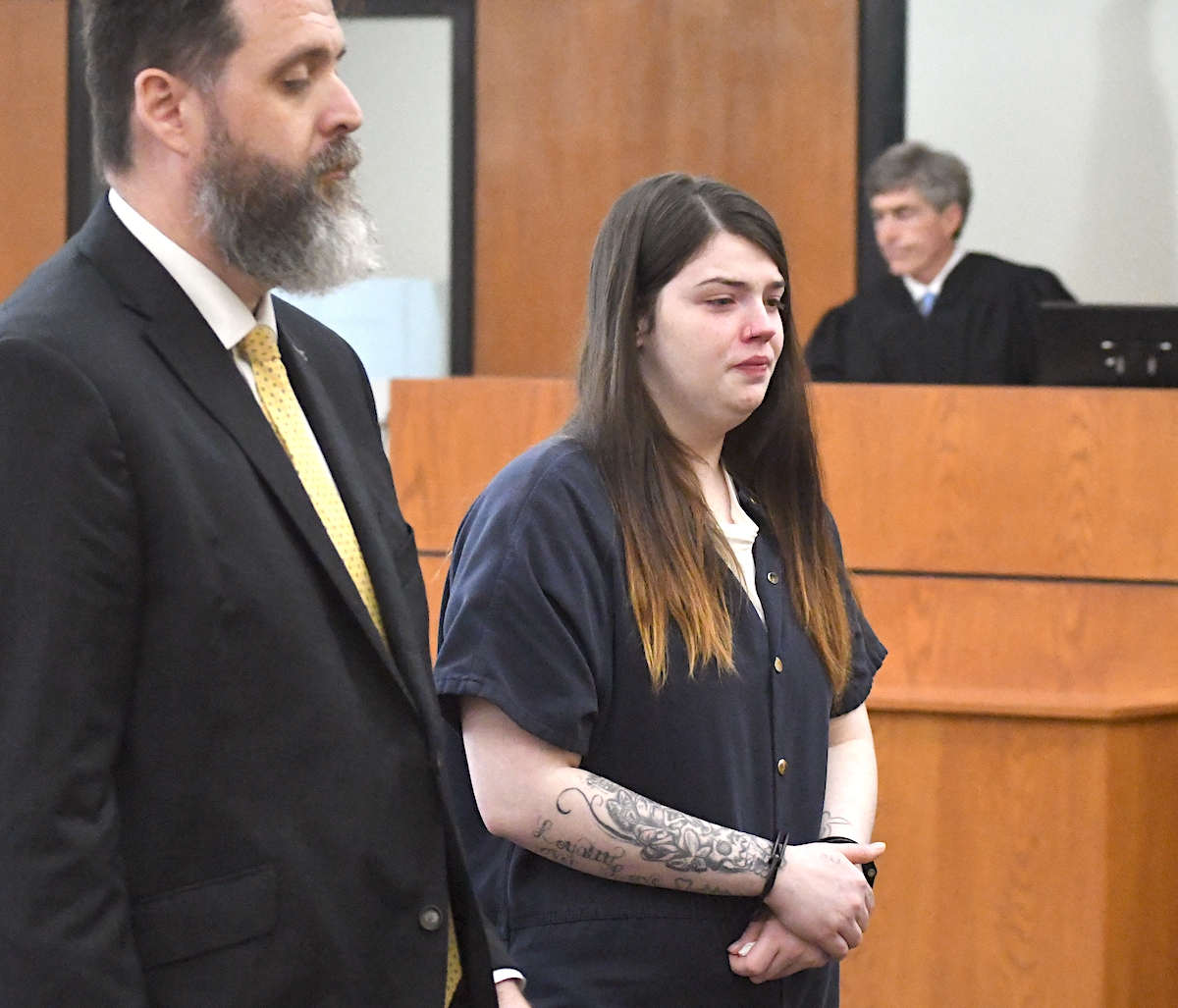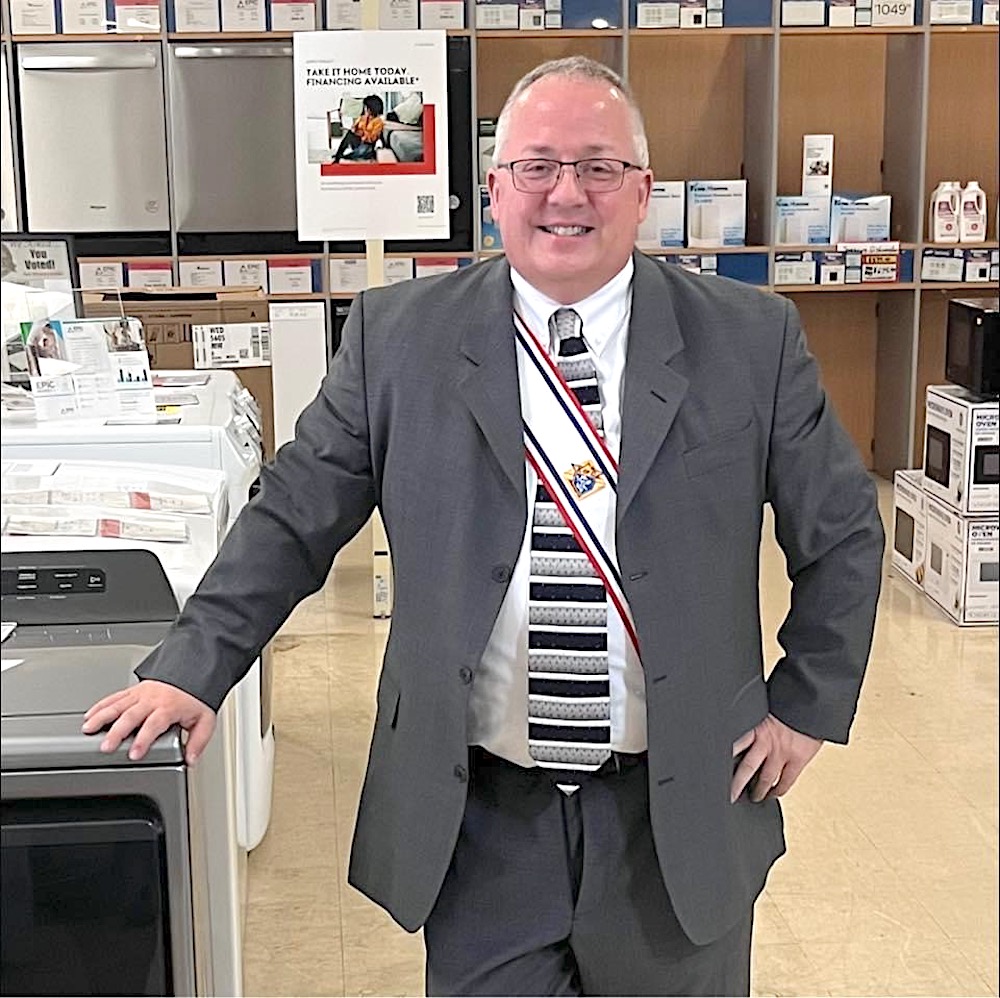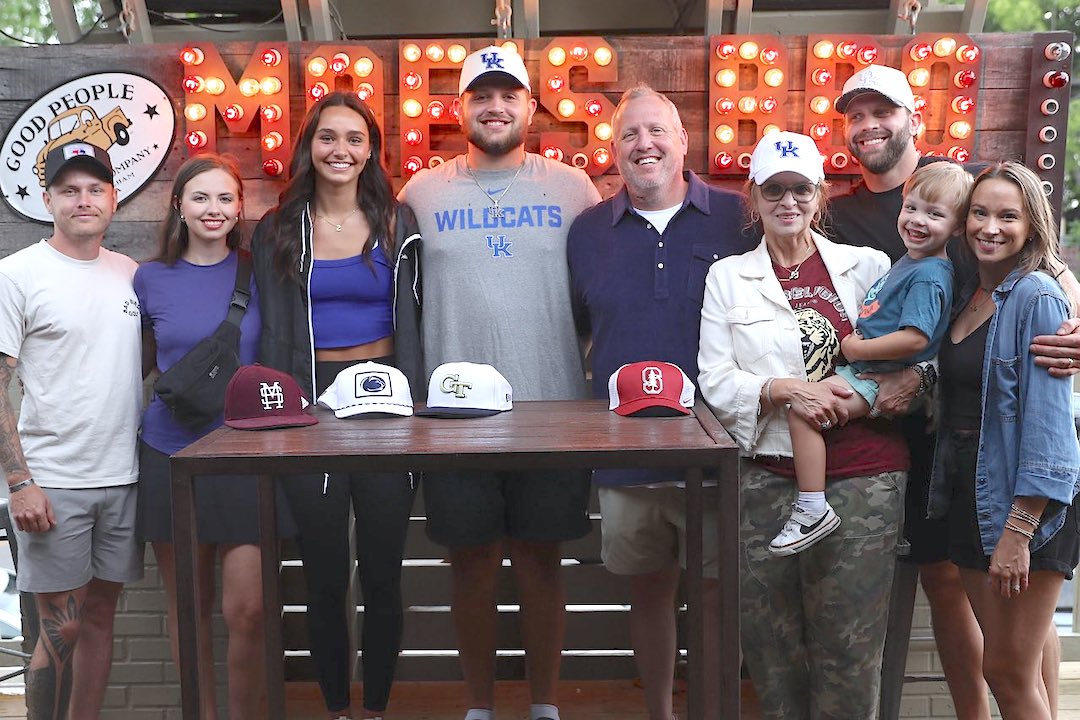October is Breast Cancer Awareness Month
Published 6:30 am Saturday, October 12, 2019
By Vivian Blevins
Columnist
October is Breast Cancer Awareness Month. I know the stories of survivors of this disease as well as the stories of several women who did not live. And I ask myself: Why did they wait to be assessed? Why didn’t they get a second opinion? Why didn’t they take steps, however invasive, to attempt to rid their bodies of the disease?
Trending
I’m smart enough to know that some don’t have health insurance; some can’t afford the co-payment even if they are insured. Some have no transportation to a facility or have young kids and no one to watch them.
I have my own story of those suspicious lumps that appeared when I was 25 and the terror I felt the evening before I was to have surgery. Although I came out of the surgery with a report of nine lumps, I had no malignancies, just scars. I had been breast feeding my son for a month when I felt the first lump. I most feared dying and not being there for him. After surgery, I got on with my life with annual mammograms.
One of my long-time friends, a retired teacher and a minister, was pulled aside recently at the Las Vegas airport while on her way to Holland and adventures in an African country. She posted on Facebook: “Horrible experience in security Vegas. Got full pat down. In the end, it was SCAR TISSUE from breast cancer. I knew it was bad! Humiliated.”
When a woman feels that lump for the first time (At times, her partner first notices it), there is a queasy feeling. Is it really there? Will it go away? Do I need to see my doctor? What about a specialist? How soon do I need to get there? What if my doctor won’t give me an appointment right away? What if my doctor tells me I’m too young for breast cancer and says, “Let’s just wait and see what happens?”
The next stage involves testing with more questions: What if a mammogram shows a problem? What’s the difference in a regular mammogram and a 3D mammogram? Will my insurance pay for the 3D? Do mammograms hurt? Are they reliable?
When the mammogram reveals a problem, more questions arise: If I opt for surgery, should I have my breasts removed? Will I lose my hair during treatment and will I be able to work ? Is my will up to date? Should I have reconstruction? What if I die?
Trending
In a breast-conscious society, more questions arise: How will my partner feel about me following surgery? How will I feel about my femininity? If I opt for implants, what if they rupture?
One in every eight women will develop invasive breast cancer — 12 percent. That means 88 percent won’t.
The first order of business is self-education by turning to the internet: Cleveland Clinic, American Cancer Society, or another reliable source. This is no time to get your information from Aunt Ruby who had surgery for the disease 20 years ago. The public library can help you with locating resources.
In the October 2019 issue of Vogue, Jancee Dunn describes her experience with iBreastExam, a device that is now available in the U.S. but has been used in the past three years in countries where women face financial or travel issues as well as availability of radiologists. The device is now available in select cities in the U.S.
As I researched, I located several devices that claim to monitor breast health. I am not recommending any of them as it’s my strong sense that women should consult with a trusted physician.
My friend who got the full pat down at the Vegas airport, Cinda Anderton, has a message for you:
“That which doesn’t kill you only makes you stronger, and just when I thought I couldn’t get any stronger (She was diagnosed at age 47 with breast cancer and had both breasts removed), I had my strength tested at the Las Vegas airport.
“While going through security, I did the usual: Hands overhead, feet apart. The male TSA agent directed me to stay. He got a female worker and quietly gave her directions while he continued to look at my image on the screen.
“She said, ‘I’m now going to pat you down.’ She went straight for my sternum and with the side of her hand scraped down it.
“I said, ‘THAT HURTS.’ Between the pain and the public humiliation, I was trying to fight back my tears.”
As Anderton explained that she had had a double mastectomy, the male TSA said for all to hear, “This is SCAR TISSUE. WE’VE SEEN THIS BEFORE.”
Anderton asks, and I concur, “How is this public announcement appropriate?”
She asks that we be aware of the 12 percent of women in the U.S. who will have breast cancer during their lifetime and cautions us to be aware, and thoughtful. Yes, we can monitor our words and actions on this issue. And from Holland, she went on her planned safari. She perseveres.
Dr. Vivian Blevins is a Harlan County native. She has taught undergraduate and graduate students as well as prison inmates, and now teaches communication and American literature classes at Edison State Community College in Ohio. Reach her at vbblevins@woh.rr.com.







